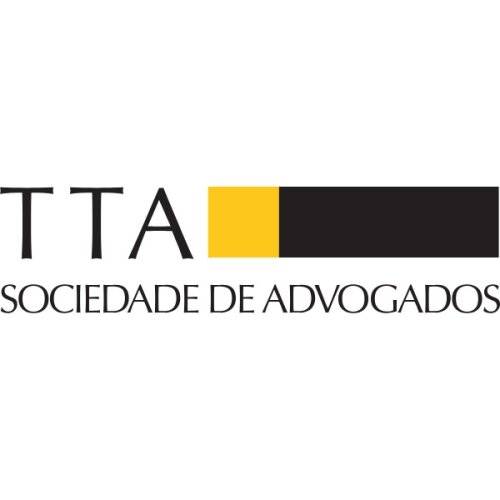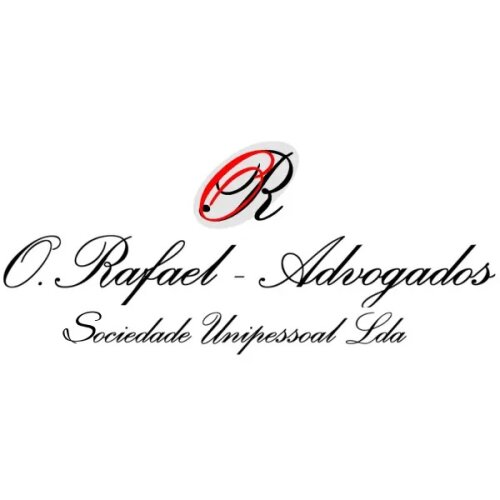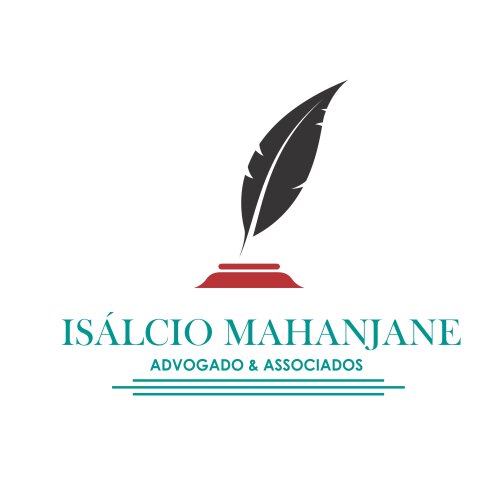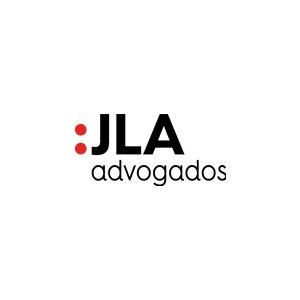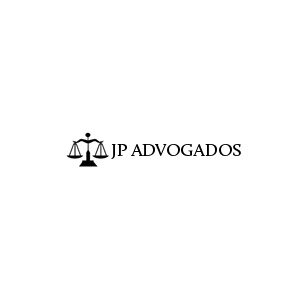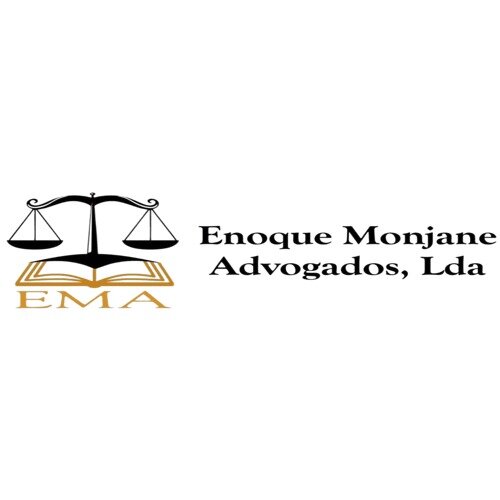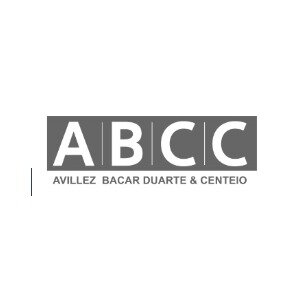Best Project Finance Lawyers in Mozambique
Share your needs with us, get contacted by law firms.
Free. Takes 2 min.
Or refine your search by selecting a city:
List of the best lawyers in Mozambique
About Project Finance Law in Mozambique
Project finance in Mozambique refers to the financial and legal structuring of large infrastructure or industrial projects where repayment is mainly from the cash flow generated by the project itself. This method of financing is widely used in sectors such as energy, mining, transportation, manufacturing, and public infrastructure. Mozambique's growing economy and natural resources, particularly its vast reserves of natural gas and coal, have attracted major project finance investments domestically and from abroad. The legal landscape in Mozambique for project finance is shaped by a mix of local regulations, international standards, and contractual arrangements between lenders, investors, developers, and the government.
Why You May Need a Lawyer
Engaging a lawyer with expertise in project finance is crucial to navigate the complexities of Mozambican law and international best practices. Common scenarios where legal guidance is needed include:
- Negotiating and drafting project agreements, such as power purchase agreements, concession contracts, and engineering-procurement-construction (EPC) contracts
- Structuring the financing and security arrangements to protect the interests of lenders and investors
- Managing regulatory approvals and permits for large-scale projects
- Advising on environmental and social impact assessments required by Mozambican law
- Negotiating with government authorities and state-owned enterprises
- Handling land acquisition, local content, and community relations issues
- Ensuring compliance with local taxation and foreign investment regulations
- Resolving disputes through negotiation, arbitration, or litigation
Local Laws Overview
Project finance in Mozambique is governed by several important legal frameworks. Key aspects include:
- Investment Laws: The Investment Law and its regulations provide incentives and guarantees for both domestic and foreign investors, including protection against expropriation and access to international arbitration for disputes.
- Banking and Financial Regulations: The Bank of Mozambique regulates foreign exchange controls, project bank accounts, and the registration of loans from abroad.
- Sectors Specific Legislation: Laws relevant to mining, oil and gas, energy, and public-private partnerships (PPPs) establish specific licensing regimes and contracting rules.
- Securities and Collateral: Mozambican law allows lenders to take security over project assets through mortgages, pledges, and assignments, which must be duly registered to be enforceable.
- Environmental and Social Standards: Developers must conduct environmental impact assessments and obtain licenses before starting construction. Projects often need to comply with international standards due to lender requirements.
- Land Tenure: All land in Mozambique is owned by the state. Investors may be granted long-term use rights (DUAT), which cannot be transferred without government approval.
Frequently Asked Questions
What is project finance, and how does it differ from corporate finance?
Project finance is a method where funding is secured against the projected cash flows and assets of a particular project, rather than the overall balance sheet of a sponsoring company. In contrast, corporate finance relies on the broader financial strength of the company.
What types of projects commonly use project finance in Mozambique?
Large-scale projects such as natural gas infrastructure, power plants, mining operations, ports, and toll roads often employ project finance due to their scale and capital requirements.
Do foreign investors have special rights or guarantees for project finance in Mozambique?
Foreign investors benefit from Mozambique's Investment Law, including protection against expropriation, repatriation of profits, and the ability to use international arbitration for disputes.
What are the main regulatory approvals required for a project finance transaction?
Approvals depend on the type of project but generally include environmental licenses, sector-specific permits, land use rights (DUAT), and foreign investment registration with the central bank.
Can project assets and revenues be used as security for financing?
Yes, Mozambican law permits the use of mortgages, pledges, and various assignments over assets and receivables, subject to registration and local formalities.
Are there restrictions on foreign currency borrowing and repayment?
The Bank of Mozambique regulates foreign loans and repayment. Registration is mandatory, and currency controls may apply, especially for cross-border transactions.
What are the key risks in project finance transactions in Mozambique?
Major risks include political changes, regulatory delays, currency fluctuations, land rights issues, and compliance with environmental and social standards.
How are disputes in project finance typically resolved?
Disputes may be resolved by negotiation, mediation, Mozambican courts, or international arbitration depending on contract terms and investment treaties.
Can a foreign law govern project agreements in Mozambique?
In many cases, parties may agree to use foreign law for project agreements, particularly for cross-border transactions, but local law will typically govern security and land matters.
How can local communities be affected by project finance developments?
Major projects may impact communities through land use, resettlement, employment opportunities, and social investment. Mozambican law requires consultation and, in some cases, compensation.
Additional Resources
Several organizations and governmental bodies are available to provide guidance or support for those involved in project finance in Mozambique:
- Mozambique Investment and Export Promotion Agency (APIEX): Provides information on investment incentives and regulatory processes
- Bank of Mozambique: Offers guidelines for foreign investment registration, exchange controls, and financial sector regulation
- Ministry of Mineral Resources and Energy: Regulates energy, oil, and mining projects
- Ministry of Environment and Land: Responsible for environmental licensing and land use rights
- Mozambique Bar Association: Can provide lists of qualified local lawyers specializing in project finance
- International Finance Corporation (IFC) and African Development Bank (AfDB): Key partners in financing and ensuring standards for large-scale projects
Next Steps
If you are considering or involved in a project finance transaction in Mozambique, it is highly advisable to seek specialized legal advice at the earliest stage. Here is a suggested approach:
- Clarify your project’s objectives, partners, and funding requirements
- Identify potential legal and regulatory hurdles based on the sector and location
- Contact a qualified Mozambican lawyer with experience in project finance to evaluate risks, draft agreements, and guide interactions with authorities
- Engage early with relevant government agencies to confirm licensing and compliance requirements
- Ensure contracts are robust, compliant with local law, and provide sufficient protections for all parties involved
- Stay informed on legal and regulatory changes that could affect your project
By working with experienced legal counsel and proactively addressing legal matters, you can enhance the success and sustainability of your project finance venture in Mozambique.
Lawzana helps you find the best lawyers and law firms in Mozambique through a curated and pre-screened list of qualified legal professionals. Our platform offers rankings and detailed profiles of attorneys and law firms, allowing you to compare based on practice areas, including Project Finance, experience, and client feedback.
Each profile includes a description of the firm's areas of practice, client reviews, team members and partners, year of establishment, spoken languages, office locations, contact information, social media presence, and any published articles or resources. Most firms on our platform speak English and are experienced in both local and international legal matters.
Get a quote from top-rated law firms in Mozambique — quickly, securely, and without unnecessary hassle.
Disclaimer:
The information provided on this page is for general informational purposes only and does not constitute legal advice. While we strive to ensure the accuracy and relevance of the content, legal information may change over time, and interpretations of the law can vary. You should always consult with a qualified legal professional for advice specific to your situation.
We disclaim all liability for actions taken or not taken based on the content of this page. If you believe any information is incorrect or outdated, please contact us, and we will review and update it where appropriate.
Browse project finance law firms by city in Mozambique
Refine your search by selecting a city.



